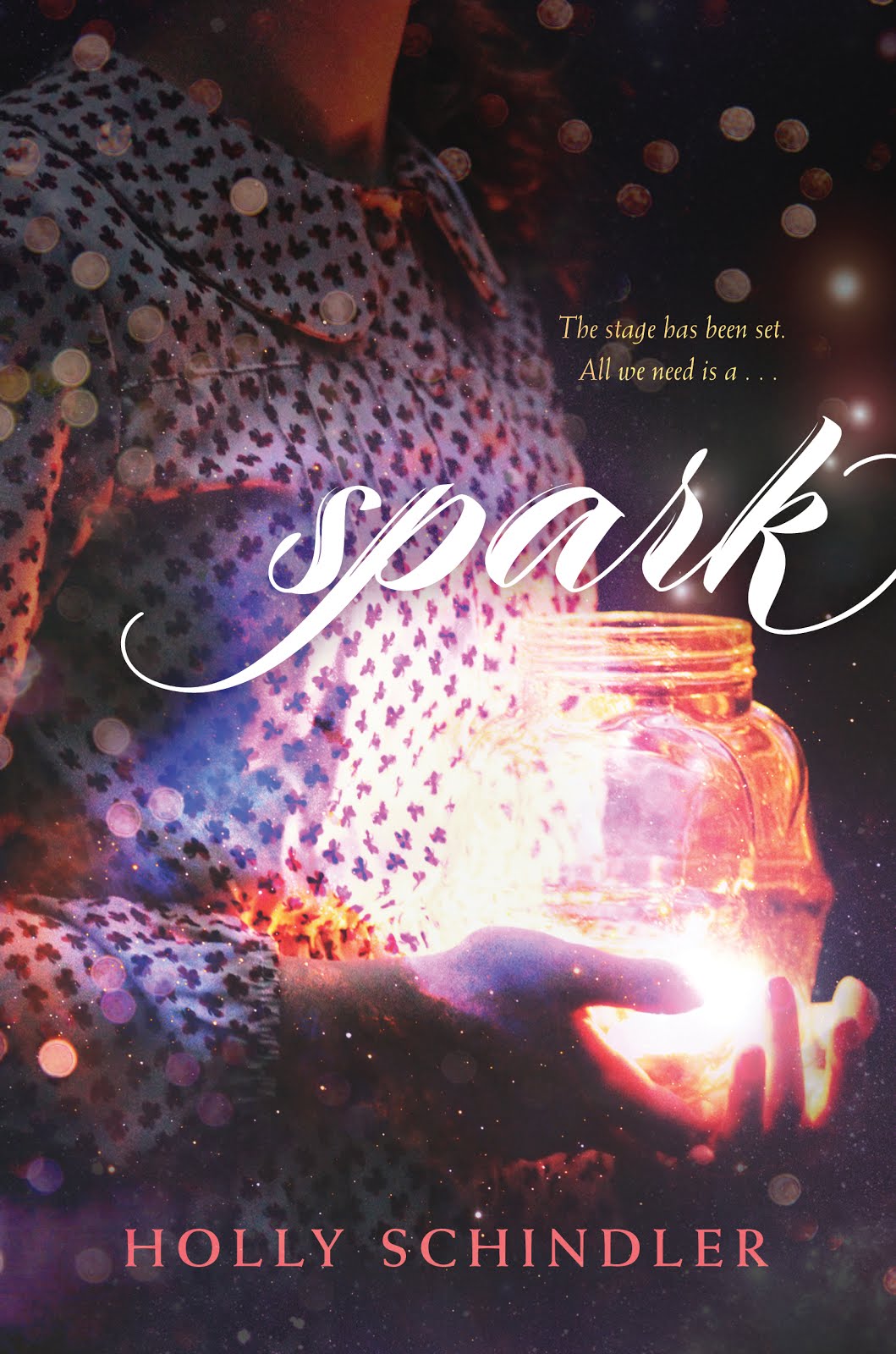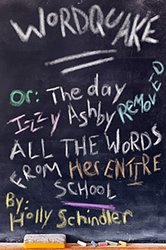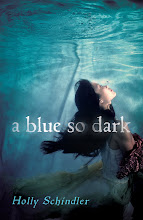Monday, January 5, 2015
CUTTING MANUSCRIPTS: DIALOGUE TAGS
Back when I first started writing full-length novels, 30K words was often a struggle. Now, the opposite is true: as I recently began revising my first indie release, an NA rom com, what started out as a 104K-word project quickly ballooned to 122K (and that was after I'd cut six chapters).
I didn't think I could cut another full chapter, so I asked via social media for authors' fave cutting techniques.
One suggested attacking unnecessary dialogue tags. It's turned out to be the absolute best (and simplest) revising technique I've discovered in years. Along with an unnecessary tag often comes unnecessary exposition. Whole paragraphs were deleted as I attacked the manuscript; conversations are now short and snappy and to the point (a plus, I think, when reading an e-book). Putting my focus on those unnecessary tags has brought the manuscript back down to the original 104K words.
I know I'm never going to read another book now without zeroing in on those tags (they'll bug me every bit as much as small talk in dialogue, and that can make me literally hurl a book across a room).
What are your own favorite manuscript-trimming techniques?
I didn't think I could cut another full chapter, so I asked via social media for authors' fave cutting techniques.
One suggested attacking unnecessary dialogue tags. It's turned out to be the absolute best (and simplest) revising technique I've discovered in years. Along with an unnecessary tag often comes unnecessary exposition. Whole paragraphs were deleted as I attacked the manuscript; conversations are now short and snappy and to the point (a plus, I think, when reading an e-book). Putting my focus on those unnecessary tags has brought the manuscript back down to the original 104K words.
I know I'm never going to read another book now without zeroing in on those tags (they'll bug me every bit as much as small talk in dialogue, and that can make me literally hurl a book across a room).
What are your own favorite manuscript-trimming techniques?
Subscribe to:
Post Comments (Atom)




































Mine are eliminating passive voice as much as possible...taking out all the was and were, is and are and using stronger verbs makes a huge difference throughout the manuscript.
ReplyDeleteThanks for another technique to add to the arsenal.
Yes! Strong verbs make for strong sentences.
Delete